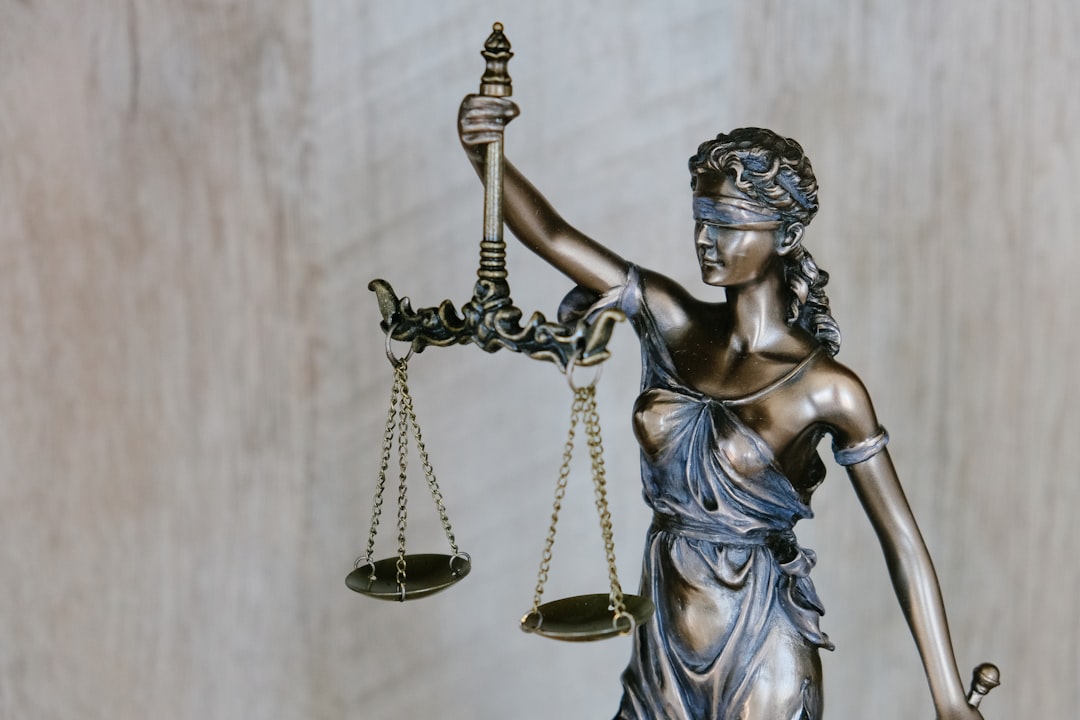Sexual abuse within faith-based organizations in Stamford and Connecticut is a serious issue, with survivors facing challenges due to trust and cultural taboos. To combat this, institutions must adopt a proactive approach through education, awareness, and stringent policies. State laws vary by institution type, making it crucial for religious entities to consult a sexual abuse attorney for guidance on reporting and prevention strategies like policy implementation and background checks. A multi-faceted strategy focusing on prevention, early detection, and support is essential, including training programs, open communication, and anonymous reporting systems, while encouraging survivors to heal with confidentiality.
In Stamford, Connecticut, addressing sexual abuse within faith-based organizations is a critical issue demanding immediate attention. This comprehensive guide explores the pervasive problem, delving into legal obligations and strategies for prevention and support. As a sexual abuse attorney in Connecticut, understanding these intricacies is vital to safeguarding communities. We examine the scope of the issue, analyze relevant laws, and provide effective solutions tailored to faith communities, ensuring a safer environment for all members.
Understanding the Scope of Sexual Abuse in Faith-Based Organizations

In Stamford and across Connecticut, the issue of sexual abuse within faith-based organizations has garnered significant attention due to its profound impact on victims. This problem transcends religious boundaries and calls for a comprehensive understanding. Faith-based institutions, with their deep sense of community and trust, unfortunately, are not immune to cases of sexual misconduct, especially involving clergy or trusted leaders. A sexual abuse attorney in Connecticut highlights that many survivors struggle to speak out due to the sensitive nature of these matters and the potential cultural taboos within religious communities.
Recognizing the scope of this issue is crucial for fostering a culture of accountability. Many victims may face unique challenges when coming forward, such as fear of retribution or disbelief from community members. As such, organizations must prioritize education and awareness campaigns to address sexual abuse, ensuring that all members understand their rights and the availability of support systems. A proactive approach involves implementing stringent policies and training programs to prevent and respond to any instances of sexual misconduct effectively.
Legal Frameworks and Responsibilities for Connecticut's Religious Institutions

In Connecticut, religious institutions face a dual responsibility when it comes to addressing sexual abuse within their communities. Firstly, they are bound by state laws that mandate reporting and prevention strategies for child and adult sexual abuse. These legal frameworks vary depending on the nature of the institution and its affiliation. For instance, schools and youth organizations are required to have specific policies and training in place to protect individuals under their care.
A sexual abuse attorney in Connecticut can help religious entities navigate these legal obligations. They should establish clear reporting procedures for all staff and volunteers, conduct thorough background checks, and provide regular education on recognizing and responding to suspicious behaviors. Additionally, fostering a culture of transparency and accountability is essential to ensuring that any instances of sexual misconduct are promptly addressed and appropriately handled in accordance with Connecticut’s laws and guidelines.
Effective Strategies for Prevention, Detection, and Support within Faith Communities

Addressing sexual abuse within faith-based organizations requires a multi-faceted approach that combines prevention, early detection, and compassionate support. One effective strategy for prevention is to implement robust training programs for leaders and volunteers, focusing on recognizing signs of abuse, establishing clear boundaries, and promoting a culture of consent and respect. Regular workshops, seminars, and ongoing education can equip faith community members with the knowledge to create a safe environment.
Additionally, establishing open communication channels and anonymous reporting systems is crucial for detection. Encouraging individuals to come forward without fear of judgment or retaliation can help identify potential instances of abuse. A dedicated, trained professional, such as a sexual abuse attorney in Connecticut, can guide the organization through legal aspects while ensuring victims receive the necessary support. Promptly addressing reported incidents with sensitivity and confidentiality fosters an environment where survivors feel heard and empowered to heal.






